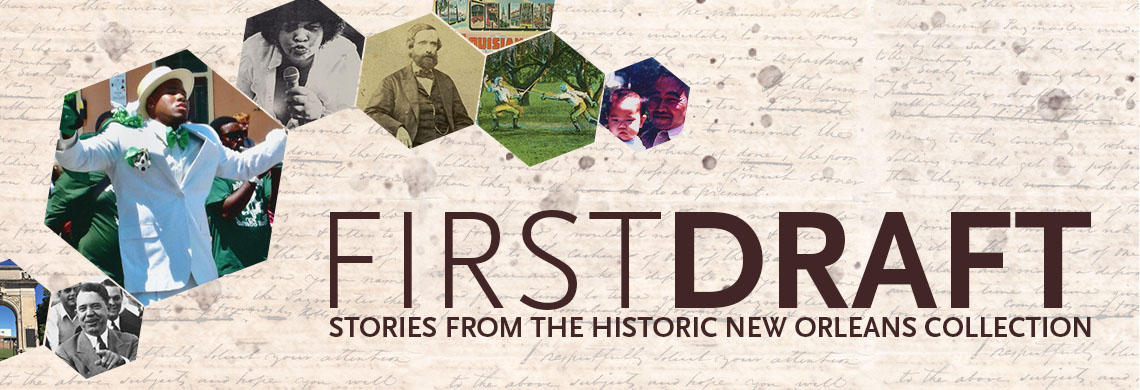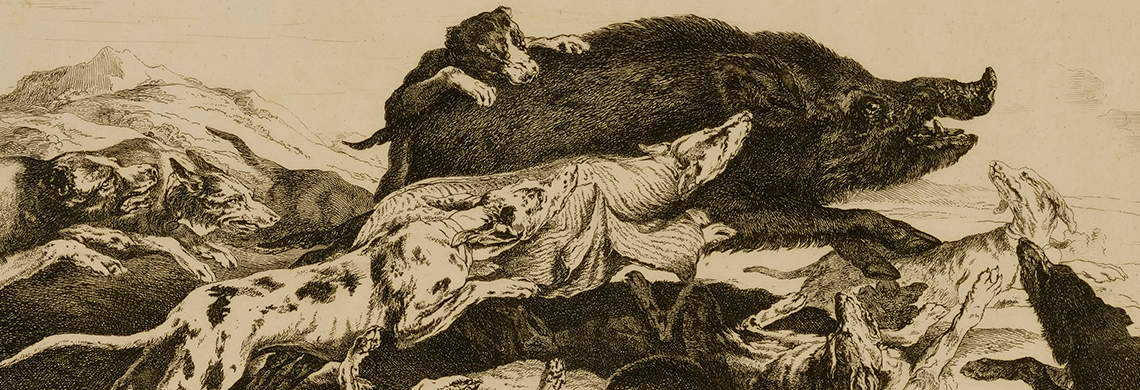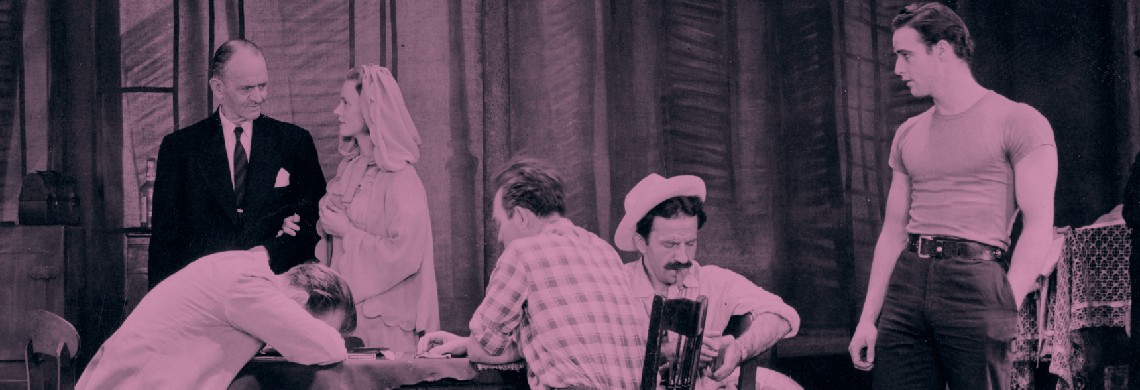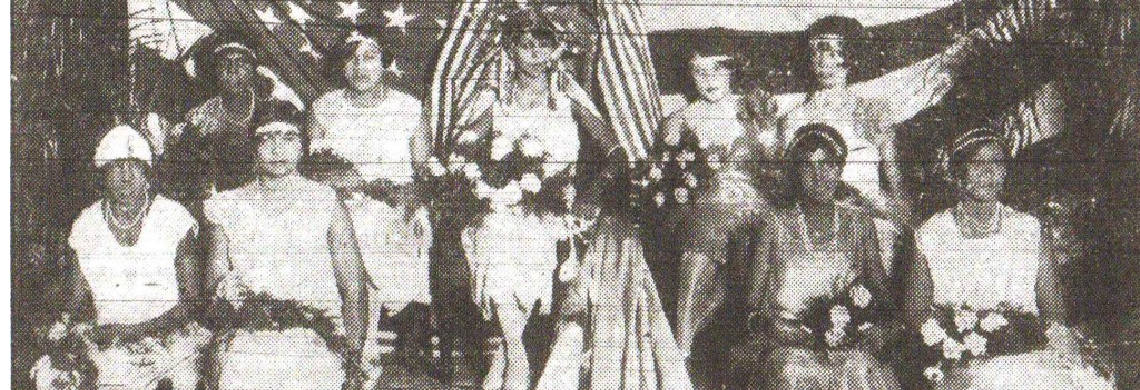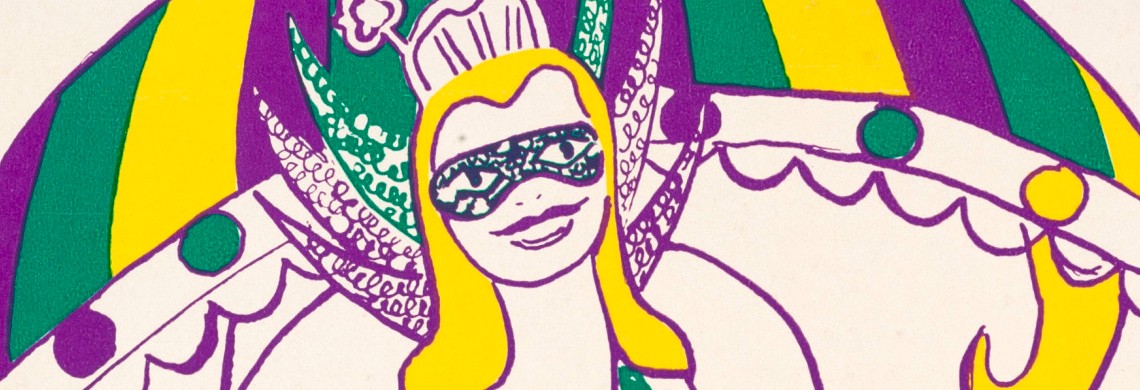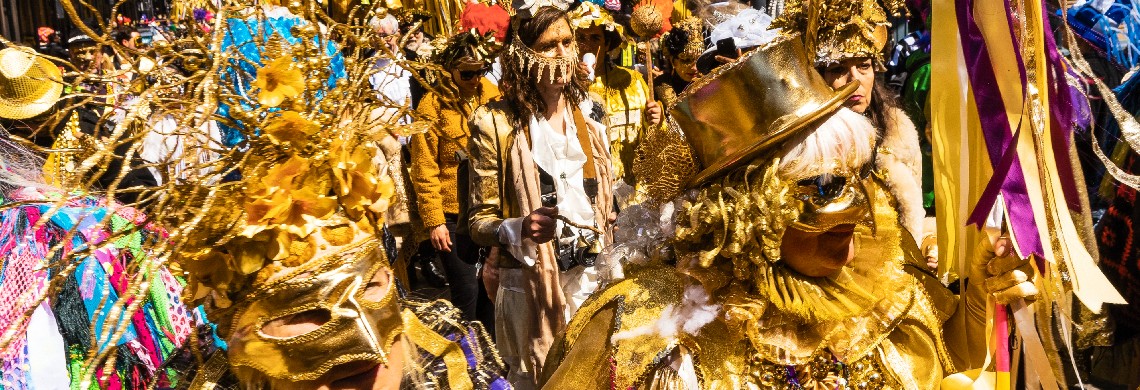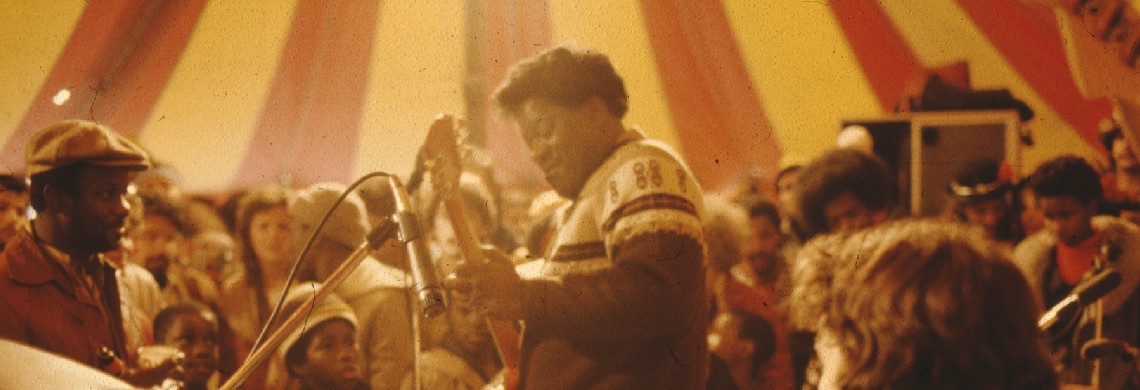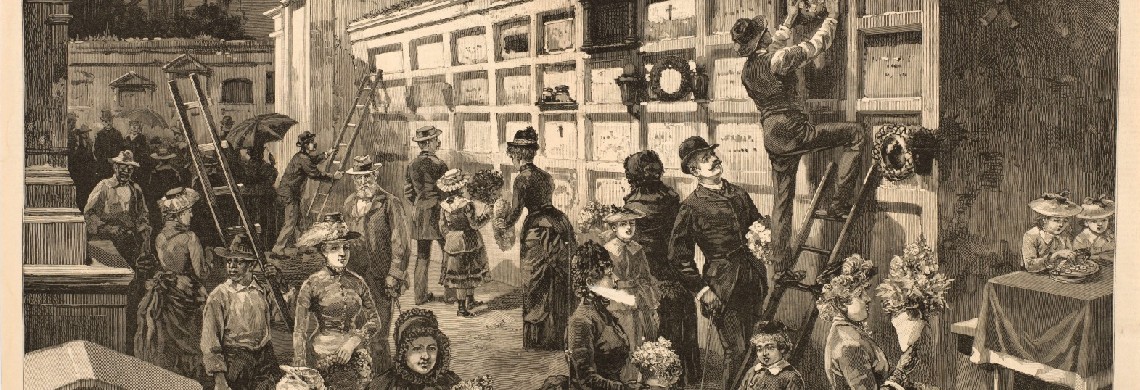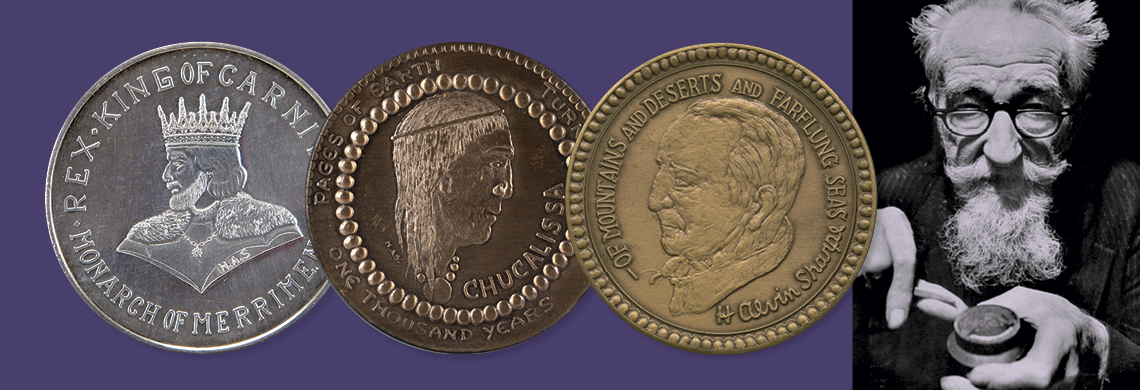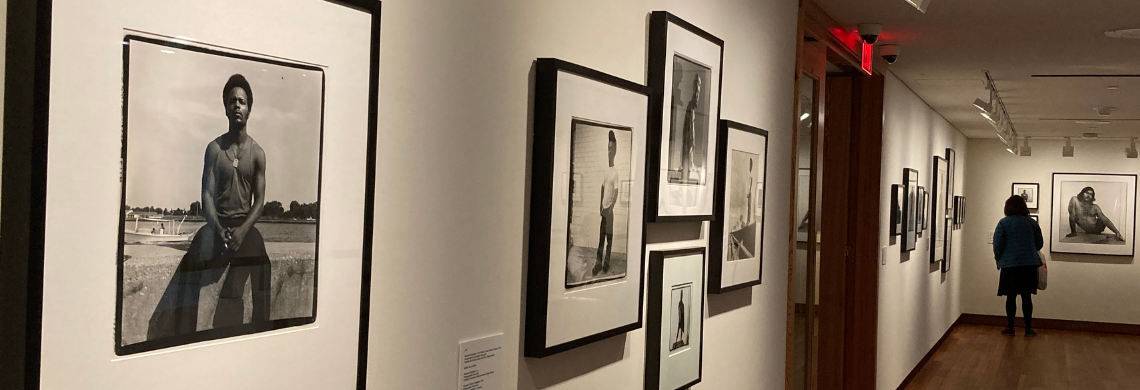The story of how feral hogs arrived at New Orleans’s doorstep, 500 years in the making.
The new exhibition Backstage at “A Streetcar Named Desire” is a feast for Tennessee Williams lovers, exploring the play’s journey around the world onstage and onscreen.
Across his songs, stories, and interviews, Danny Barker embraced the rhythms and archetypes of African American folklore, using his skills as a writer and storyteller to paint indelible portraits of his own folk creations. Here are excerpts illustrating five of his best characters.
Since the 1890s, Black Carnival clubs have presented debutantes at their elegant annual balls.
How does a krewe work? What does the king do? And what about all those beads? THNOC’s Visitor Services staff have the answers.
The photography of Making Mardi Gras shows snapshots of Carnival through time, from Big Chiefs to ‘tit Rex.
In these liner notes to a playlist curated for THNOC, DJ Soul Sister, the “queen of rare groove,” leads a tour of Mardi Gras through music history and her memories as a native New Orleanian.
Ever wanted to take New Orleans History 101? While no intro course can be comprehensive, we've assembled 13 summaries of major themes, events, people, and places, with lots of links to further reading.
Before Sharpe’s invention helped birth the entire signature-throw industry, he sailed around the world, sold paintings, wrote poetry, and studied ancient history.
Prospect.5 spotlights the intimate eye of George Dureau, photographer

